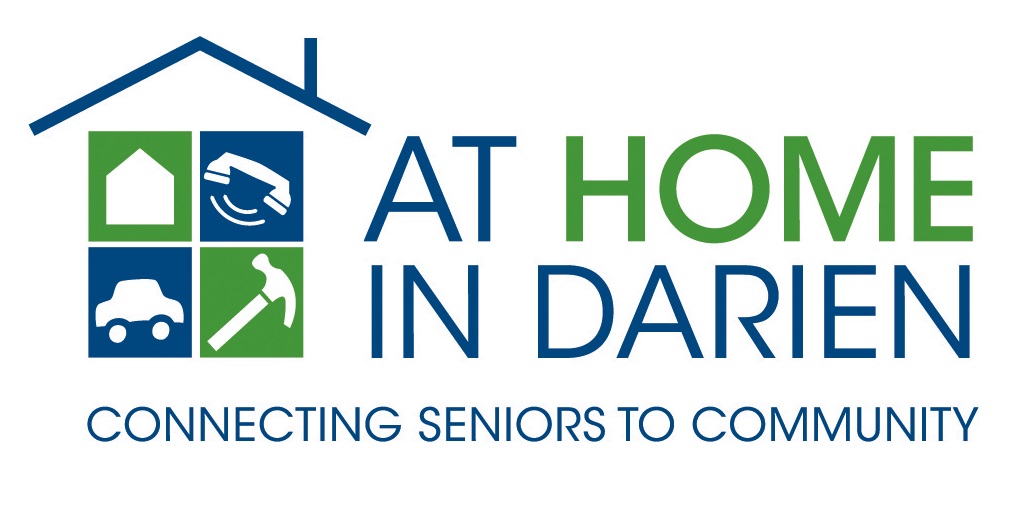Several years ago, At Home In Darien created a blog titled “Avoiding Scams” to address the presence of illegal activities designed to target, scare, and confuse people into providing sensitive personal details or financial information. Unfortunately, this fraudulent practice has not only continued but it has become even more prevalent, complex, and harmful. These types of scams are often targeted towards seniors, and we are aware of recent attempts that have been directed at Darien residents. As a result, we thought that it would be important and beneficial to again highlight the details and risks regarding this type of fraud.
Safeguarding Personal Information
The easiest way to protect yourself is to never provide any personal or financial information to anyone. This, however, isn’t always possible given the variety of ways that we conduct business or personal matters online and over the phone. The best alternative is to familiarize yourself with the different types of scams and schemes that are utilized by nefarious individuals and organizations to try and steal money, personal data, and banking information. Some noteworthy scams include:
- Fake Grandchild – fraudsters place a call or send an email to a grandparent, acting as a police officer or doctor, pretending to be calling on behalf of a family member that is in financial trouble. In some instances, the fraudsters even pose as the grandchild, asking for money to be sent to cover medical charges or emergencies such as car repairs or important overdue payments
- Fake Lottery – callers reach out to people saying that they’ve won large amounts of money in the lottery, and that they need to pay certain fees or taxes so they can receive the cash
- Email or “Phishing” – email messages are sent appearing like they came from a legitimate or authentic source (like a well-known company or bank). Fraudsters ask the recipient to provide updates or to verify their personal data, but use this information to trick the person into supplying confidential information
- Fake Computer Virus or Ransomware – “pop-up” messages appear on your computer and look like virus-scanning software that needs to be run to protect the computer, but in reality, the user is being tricked into downloading fake and expensive software, or providing the fraudsters with direct access to your computer
- Fake Charity – this type of scam is prevalent after some type of major disaster or human crisis, where money is solicited to support bogus charities
These are only a few examples of some frequent scams, but unfortunately there are many more including those involving social security, insurance, shopping, technology support, IRS (with threats of legal action), medical/prescription drugs, and even romance.
Here are some important tips to remember to help protect yourself:
- Do not respond quickly to any requests – most scams and scammers prey on scaring someone into reacting immediately. Take your time and investigate before responding
- Stay away from unusual types of payment requests – fraudsters will ask for wire transfers, money orders, or gift cards. Legitimate business will rarely ask for these types of payments.
- Avoid reacting to “government” agencies or individuals – this is a typical scare tactic that is used by fraudsters, especially by people claiming to be with the IRS
- Never reveal personal information – especially social security numbers or banking information
- Ask for person or company to send information – it’s always a good idea to have someone send you details regarding the reason for their call or email, and then ask a trusted friend or family member to help you review the information. This delays the process which is bad for fraudsters who want a quick response before their scam can be detected.
- Don’t share computer access – never give anyone your computer password or sign-on information
- When in doubt, get professional help – see below
How to Get More Information and Help
If you have questions or concerns about a possible scam, or if you believe that you have been a victim of a scam, then the following organizations might be able to help:
Connecticut’s Elder Justice Hotline – 860-808-5555
U.S. Justice Department’s National Elder Abuse Fraud Hotline – (833) 372-8311
AARP – (888) 687-2277
